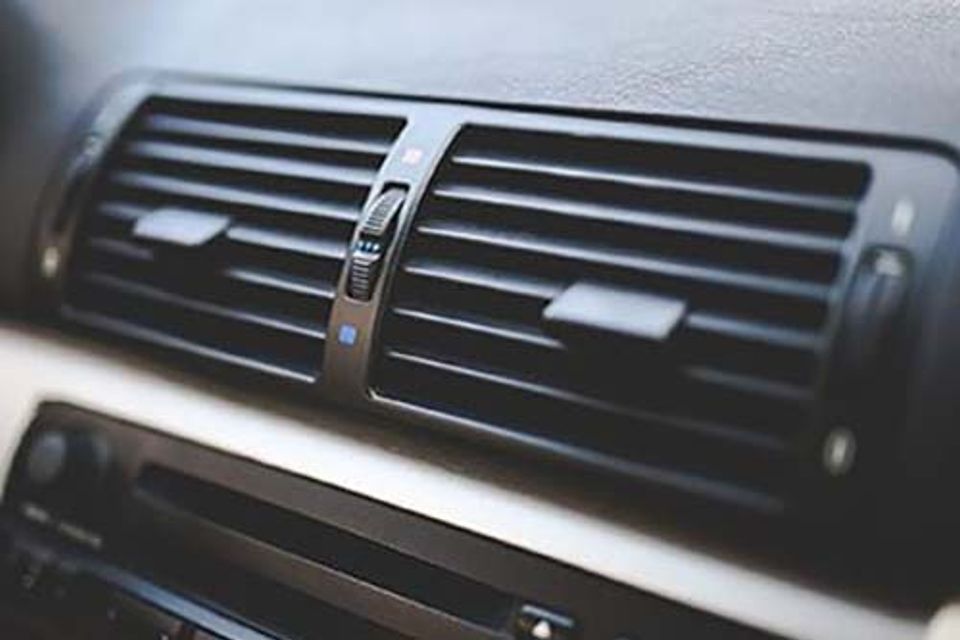Here are some frequently asked questions (FAQ) about Brake Repair:
Q: How often should I have my brakes inspected and repaired?
A: Inspecting your brakes at least once a year or as advised in your vehicle’s owner’s manual is recommended. However, immediate inspection and repair are crucial if you notice any unusual sounds, vibrations, or reduced braking performance.
Q: What are the common signs that indicate my brakes need repair?
A: Common signs include squeaking or grinding noises, vibrations or pulsations while braking, reduced responsiveness, and warning lights on the dashboard. If you experience any of these issues, it’s advisable to have your brakes inspected promptly.
Q: How long do brake pads typically last?
A: The lifespan of brake pads varies depending on driving habits, road conditions, and the type of brake pads used. On average, brake pads may last anywhere from 30,000 to 70,000 miles. Regular inspections will help determine when replacement is necessary.
Q: What causes brake fluid to become low or contaminated?
A: Brake fluid can become low due to normal wear of brake components or a potential leak in the brake system. Contamination may occur over time due to moisture absorption, which can affect brake fluid performance. Regular brake fluid checks and replacements are recommended.
Q: How much does brake repair typically cost?
A: The cost of brake repair varies depending on factors such as the extent of the damage, the type of brake components needed, and the make and model of your vehicle. It’s advisable to get a detailed estimate from a reputable repair shop before proceeding with any repairs.
Q: Can I drive my car if the brakes are making noise?
A: While it may be possible to drive with noisy brakes, it is not advisable. Unusual sounds, such as squeaking or grinding, often indicate worn brake pads, and driving with compromised brakes can lead to further damage. It’s recommended to have your brakes inspected and repaired promptly.
Q: How long does a brake repair usually take?
A: The duration of brake repair depends on the extent of the work needed. Simple tasks like brake pad replacement may take an hour or two, while more complex repairs, such as rotor replacement or brake system overhauls, may take longer. Your repair shop can provide a more accurate estimate based on your specific situation.
Q: Are there differences between OEM and aftermarket brake parts?
A: Original Equipment Manufacturer (OEM) brake parts are designed and produced by the vehicle manufacturer, ensuring compatibility and performance. Aftermarket brake parts, while often more affordable, may vary in quality. Both options have their pros and cons, and your choice may depend on factors such as budget and specific vehicle needs.
Q: Can I do brake repairs myself or seek professional help?
A: Brake systems are critical to your vehicle’s safety, and it is recommended to seek professional help for brake repairs. Professional technicians have the expertise and tools to diagnose issues accurately and perform repairs to industry standards, ensuring the safety and reliability of your brakes.
Q: How can I extend the lifespan of my brake components
A: Regular maintenance, including brake inspections, fluid checks, and timely repairs, is critical to extending the lifespan of your brake components. Avoiding aggressive driving habits, such as sudden stops, and promptly addressing any signs of brake issues contribute to overall brake health.


